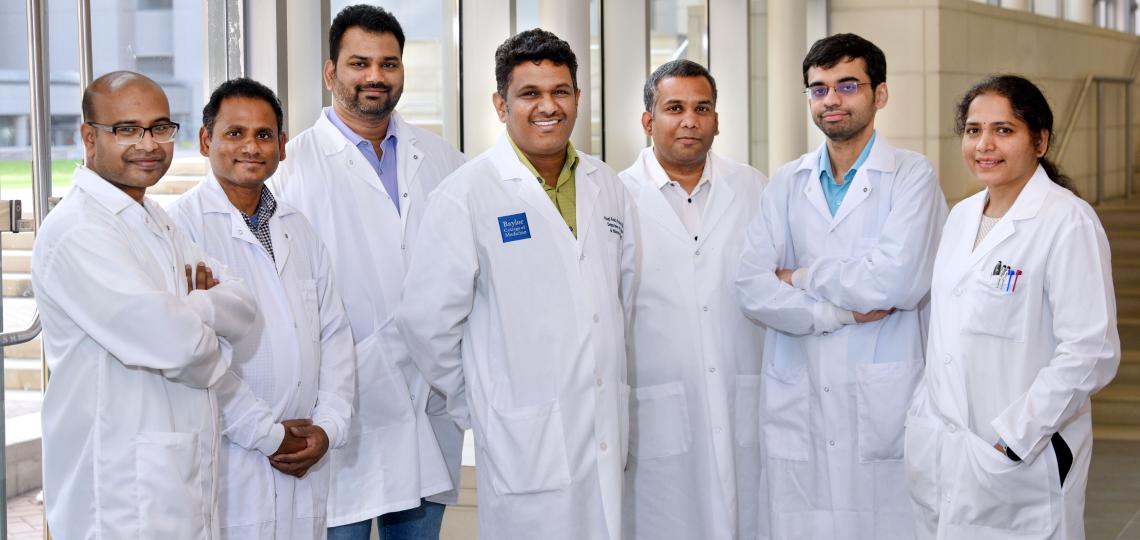
About the Putluri Lab
The Putluri lab focuses on understanding the molecular mechanisms underlying bladder cancer development and tumorigenesis. Their research interests involve several key areas:
- The lab explores how metabolic processes contribute to bladder cancer development and progression, potentially identifying targets for therapeutic intervention.
- Understanding the genetic changes (eg SWI/SNF complex) that occur in bladder cancer cells can provide insights into the disease’s biology and potential treatment strategies.
- Investigating metabolic differences in bladder cancer among different racial or ethnic groups can provide important insights into disparities in disease incidence and outcomes.
- Understanding how smoking influences metabolic and epigenetic changes in bladder cancer progression.
- The lab examines how gender-specific factors influence bladder cancer development and progression, potentially uncovering unique aspects of the disease in different sexes.
To achieve their research goals, the lab employs a variety of experimental approaches, including in vivo models such as orthotopic xenograft models and patient-derived xenografts, as well as in vitro molecular biology tools like CRISPR for gene knockout, knockdown, and overexpression in bladder cancer cell lines.
Overall, the Putluri lab's multidisciplinary approach aims to advance understanding of bladder cancer biology and identify new strategies for diagnosis, treatment, and prevention.
Role of SMARCB1 Deficiency in Bladder Cancer
The loss of SMARCB1 has been identified as a significant factor in various solid tumors, including bladder cancer. However, until recently, the specific pathways driving the growth and metastasis of SMARCB1-deficient tumors have not been fully understood.
A recent study published by the lab in Nature Communications [2024; PMID: 38355560] sheds light on this aspect by elucidating the role of the IL6/JAK/STAT3 signaling pathway in driving bladder cancer in the context of SMARCB1 deficiency. Through a combination of functional experiments and bioinformatics analyses, the researchers demonstrated that SMARCB1-deficient bladder tumors exhibit heightened activation of the IL6/JAK/STAT3 pathway.
Furthermore, the study revealed that these tumors are particularly sensitive to treatment with a specific inhibitor targeting phosphorylated STAT3 (pSTAT3). In experimental preclinical models, treatment with the pSTAT3 significantly reduced in tumor growth and metastasis.
These findings provide valuable insights into the molecular mechanisms underlying SMARCB1-deficient bladder cancer and suggest a potential therapeutic strategy targeting the IL6/JAK/STAT3 pathway. Clinically, this research could pave the way for the developing of novel therapeutic approaches explicitly tailored to SMARCB1-deficient bladder cancer, potentially improving patient outcomes in the future.








